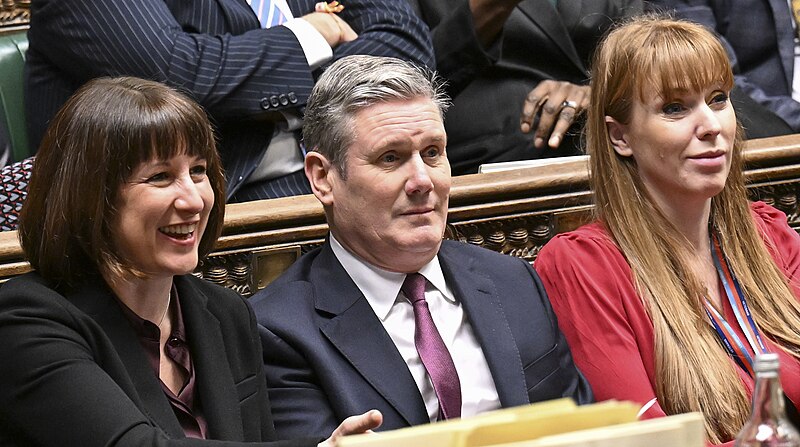
For the first time in four years, pay awards for public sector workers in the UK are set to surpass those in the private sector, according to a new report by the Chartered Institute of Personnel
and Development (CIPD). This shift comes amid rising concerns from businesses over the government’s tax policies outlined in the recent budget.
The October budget confirmed above-inflation pay rises for public sector employees, coupled with increased employment taxes, which has highlighted a widening gap in the prospects for job growth and wages between the public and private sectors. The CIPD reported that these tax hikes are placing additional financial pressures on businesses, potentially limiting their ability to offer competitive pay increases.
“This should help support the NHS and the delivery of other key public services in the shorter term,” said James Cockett, a senior labour market economist at the CIPD.
However, in the private sector, wage growth is expected to face downward pressure. The anticipated increase in employer national insurance contributions and the rise in the national minimum wage, both announced in the budget, are cited as contributing factors.
Labour’s economic plans have been met with pushback from major employers. Rachel Reeves’ announcement of an increase in employer national insurance contributions (NICs) has been identified as a significant tax-raising measure. The chancellor also confirmed a 6.7% increase in the national living wage, set to reach £12.21 per hour by April.
Retail giants such as Asda and Sainsbury’s recently warned that these tax hikes would cost them £100m and £140m respectively, hinting at potential price increases for consumers to offset these additional expenses. Reports indicate Tesco could face a £1bn increase in its national insurance bill during this parliamentary term.
The Bank of England acknowledged that the budget would contribute to higher inflation, which is expected to peak next year, while also bolstering economic growth. Although the impact of the employer NICs hike is seen as modest, it will still play a role in influencing inflation.
The CIPD noted a notable shift in public sector pay expectations, which rose from the lowest median annual growth rate of 2.5% to 4% within one quarter. Expectations are for even higher increases of 5% in the next three months. In comparison, private sector and overall pay awards are projected to remain at 3% over the next quarter and the coming year.
One of Labour’s initial actions in government was to accept the independent public sector pay review bodies’ recommendations for pay increases ranging from 4.75% to 6%. The Treasury described this decision as carefully considered, with a focus on enhancing public sector productivity.
“At the budget we set a 2% productivity, efficiency, and savings target to boost public sector productivity and are investing more than £2bn in NHS technology and digital infrastructure to ensure essential services run efficiently and support productivity improvements,” the Treasury stated.
Public sector wage growth has historically lagged behind that of the private sector. Recent pay increases come after years of austerity measures and real-term wage reductions, which have led to widespread recruitment and retention challenges in various public sector roles. Photo by © UK Parliament / Maria Unger, Wikimedia commons.


































